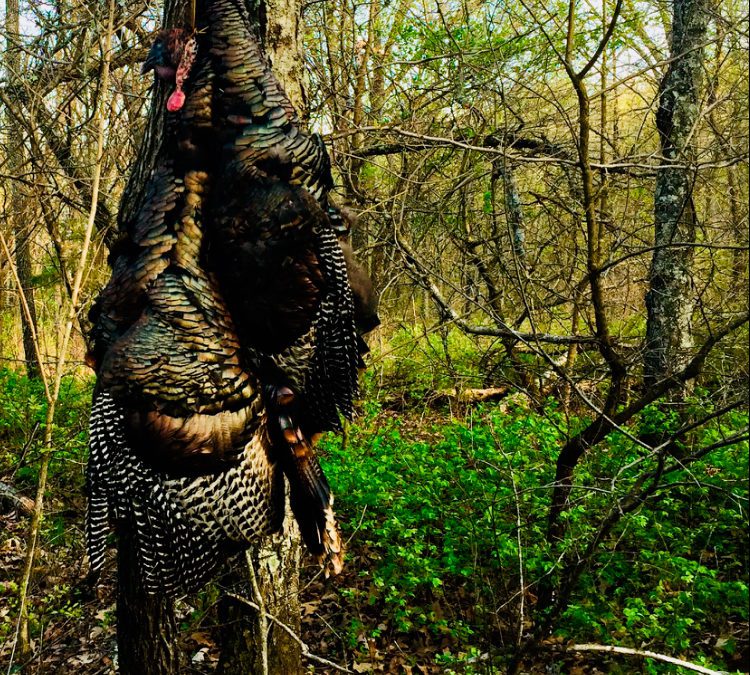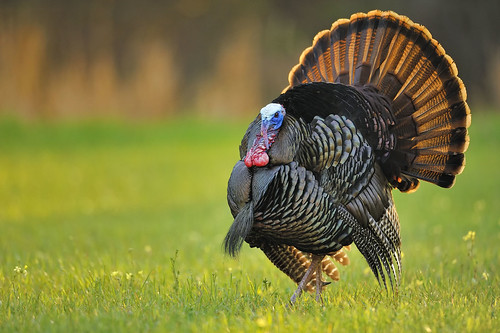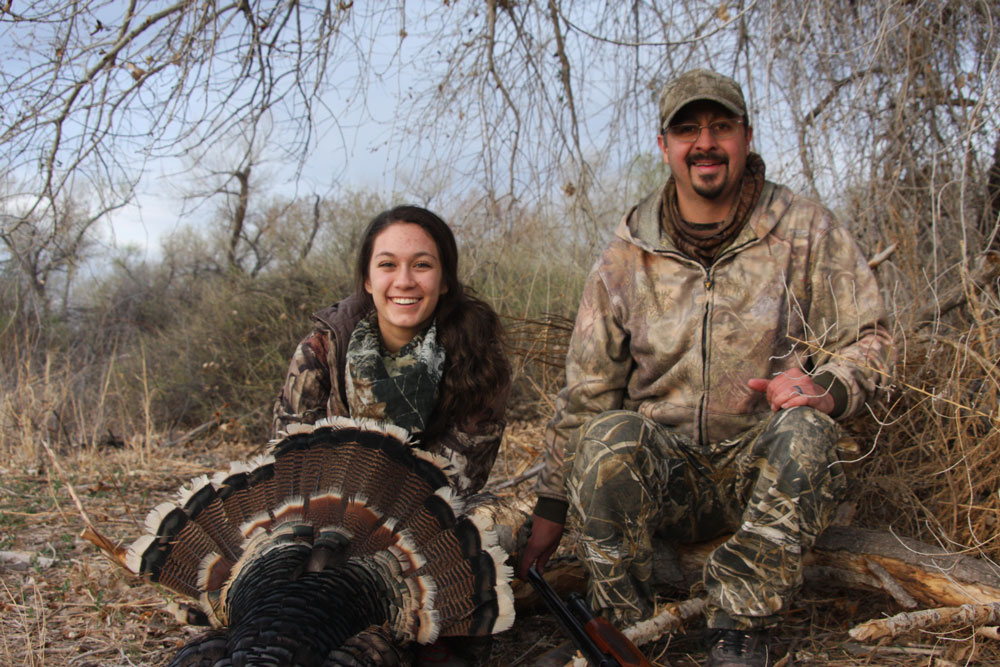I walked the soles off my boots in the Ozark National Forest this spring and never heard a single gobble.
A trip to a private parcel, though, turned up a pair of birds. Unfortunately, they were strung up by their necks and hanging on either side of a tree branch, connected by a leather thong that might’ve been a bootlace.
Judging by the sight of their bloated heads and the smell of their decaying flesh, they’d been there a few days so I didn’t get close enough to confirm my bootlace hypothesis. One was a jake, illegal to shoot in Arkansas except by youth hunters, and the other was a beardless hen, illegal to shoot most anywhere during the spring season.
Sleep came swiftly that night, and with it a vision so vivid and visceral I’m still not sure I was dreaming. I was back at that private patch of ground, and as I approached the makeshift gallows from which the two birds hung, their heads swollen and engorged, each the color of a week old bruise, I thought I saw a ruffling of feathers. I passed it off as a trick of the north wind, but then a single opaque eye opened and I melted to the ground. I had just calmed my breathing and corralled my heart rate, convinced that my eyes were playing tricks on me, when the jake began to speak.
“I accepted the way of the world the moment I hatched,” the jake said with a faint lilt. “After all, what choice did I have? If I had to eat in order to survive, it only made sense that others would, too. Just as I pounced on unsuspecting prey for sustenance, so too did the predators that prowled my woods. Compared to the coyotes and bobcats I spent my short life evading, man was the least of my worries. A few weeks in the spring could be bothersome, certainly, but they weren’t a death sentence by any means. Life was a game to be played. Some would win. Others would lose.
“What haunts me now is that the game wasn’t played fairly. My mother and I, she who hangs from the other side of this limb, had only just situated ourselves upon our roost when three shots rang out. She was struck twice and dead before she hit the ground. I caught what I thought was a glancing blow to the back of my head, but when my wings refused to flap I knew that I too had been mortally wounded.
“I’d hoped to make a run towards dignified death, but before I could gather my feet under me I felt a boot on my neck. For the next five minutes I endured the laughter and derision of the poachers who’d pilfered me from my roost.
“I spent the last of my strength flopping and flailing about, hoping to speed the Reaper’s arrival. I was still alive, though, when they cut the sprout of beard from my chest, still alive when they cut the meat from my breasts, still alive when they cut the legs from my body, hoping to hide the evidence of my spur-less immaturity.
“As I said, I understood that life was a game to be played. But I was cheated, and that’s what prevents my spirit from eternal rest – knowing that the game wasn’t played by the rules.”
I started to respond, to protest, to apologize, but before I could, the jake’s eye closed and the north wind again blew through his feathers. A single, mournful gobble echoed across the holler, sending a chill down my spine and waking me from my fevered dream.
I threw the covers from my sweat soaked body, caught my breath, then reached over and turned off the alarm. The woods could do without me for a day.
 Edited by retired lowcountry game warden Ben McC. Moïse and featuring a foreword by outdoor writer Jim Casada, Davis’s memoir is a valuable account of hunting lore and historic firearms, as well as a record of evolving cultural attitudes and economic conditions in post-Reconstruction South Carolina and of the practices that gave rise to modern natural conservation efforts. Buy Now
Edited by retired lowcountry game warden Ben McC. Moïse and featuring a foreword by outdoor writer Jim Casada, Davis’s memoir is a valuable account of hunting lore and historic firearms, as well as a record of evolving cultural attitudes and economic conditions in post-Reconstruction South Carolina and of the practices that gave rise to modern natural conservation efforts. Buy Now




